- About Us
- Order Direct
- Our Story
- Sustainability
- Our Philosophy
- Awarded Sustainable Vineyard of the Year 2022
- Biodynamics
- Sponsorship – Womens Native Tree Project Trust
- Living Wage Employer
- Salt Marsh Native Tree Reserve
- DIY Compost & Planter Boxes Raised Beds How To
- Cow Dung Pit
- Sward Weed Management
- Creating a Worm Farm
- Creating Bio-diversity – Environmentally Sustainable
- Seaweed, Comfry, Stinging Nette Spray
- Our People
- Keep in Touch
- Menu at Cellar Door
- Our Vineyards
- Videos & Photos
- Employment Opportunities
- Contact Us
- Our Wines
- News Events
- Contact Us
- 中文介紹
- Shop Here
-
Creating Bio-diversity – Environmentally Sustainable
Since the post war industrial chemical era, horticulture and agriculture practices have changed considerably. At our vineyard/orchard Wrights Vineyard and Winery, Gisborne we believe promoting bio-diversity, from the animals, insects, sward of grass, plants and soil micro-organisms.
On our vineyards, which consist of 45 acres, we have implemented in a myriad of methods to create and enhance biodiversity on our land. Here are a sample of some of the methods.
There are patches of land in which we don’t harvest or find it hard to get to with the mower, some of these area’s we have planted native trees and flaxes. We see that this will help maintain insects – beneficials and predators, attract birds – which will help reduce insects and yes eat our crops, but not all of it.
With the animals we have introduced domestic ducks and chickens to help reduce the beetle population, especially the grass grub. Due to the fact we are certified organic with AsureQuality New Zealand, we have patches of long grass around some of our grapevines, this can cause problems with snails and slugs, so our chickens do a great job of keeping this in balance. Albeit chickens can jump and also do eat our grapes. So around harvest time we have been moving our chickens and ducks away from our grapes.
On our vineyards we have alot of yarrow, these plants attract hover flys which eat leaf roller. Other beneficials we have increased on our vineyard due to our practices of bio-diversity are lacewings & parasite wasps (tasmanian, brachymeria & dolichogenidea). Around cap fall we have millions of native bees flying in our canopy. This is an amazing sight, we are priveleged to have them on our vineyards. With not using synthetic chemicals we believe this allows us to protect the insect life.
We also apply biodynamic preparations which increase the life of the soil and thus the micro-organisms. This then allows more nutrients for our plants, healthier plant development, more disease resistant, thus a better fruit, nutritionally and taste wise.
With the rising awareness of the what chemical/monoculture growing is doing to our lands, food, environment and native species. Now is the time to be responsible from the the producer and consumer. With us implementing some of the above practices, we are a step closer to being more sustainable.

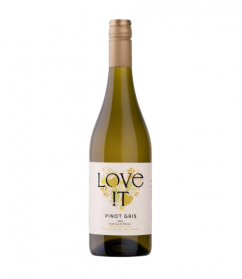
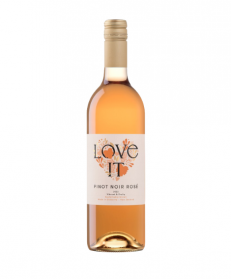
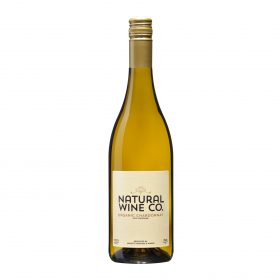
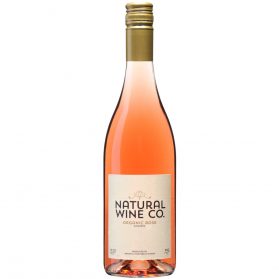
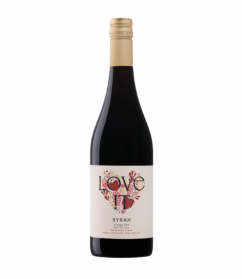 Love It Syrah 2023
Love It Syrah 2023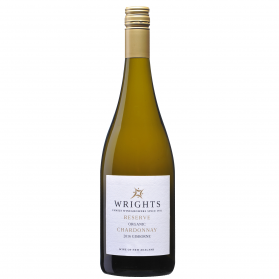 Wrights Reserve Organic Chardonnay Gisborne 2022
Wrights Reserve Organic Chardonnay Gisborne 2022

Leave a Comment
You must be logged in to post a comment.